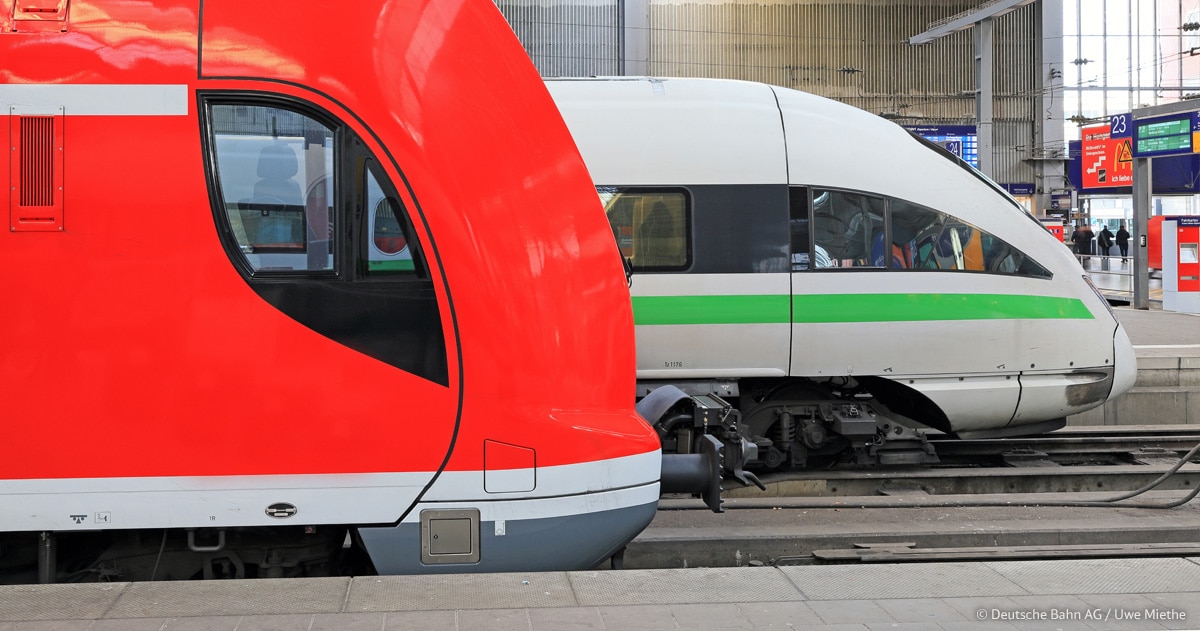Doctor Fegg
Established Member
Folks, we can shut down the "Fares Advice & Policy" board now! Whatever the industry decides is right!There isn't really a problem.
Essentially all you are saying is that some fares should be cheaper for a particular group of people. I could say that about many things. Ultimately, you just have to pay what the person providing the service deems to be the appropriate price.
Big nope. Even pre-pandemic, the railway was subsidised to the tune of £5bn/year. That subsidy comes from your and my taxes. It is, ultimately, allocated according to the say-so of politicians that we elect.
It is entirely legitimate to question the social impact of how that subsidy is allocated, including which discounted fares should be offered to which social, geographic or demographic groups. It is entirely legitimate to consider whether or not there is "a problem". Your take it or leave it attitude might be appropriate in a country where the railways were built with private funding and receive no public subsidy. That country is not the UK.

